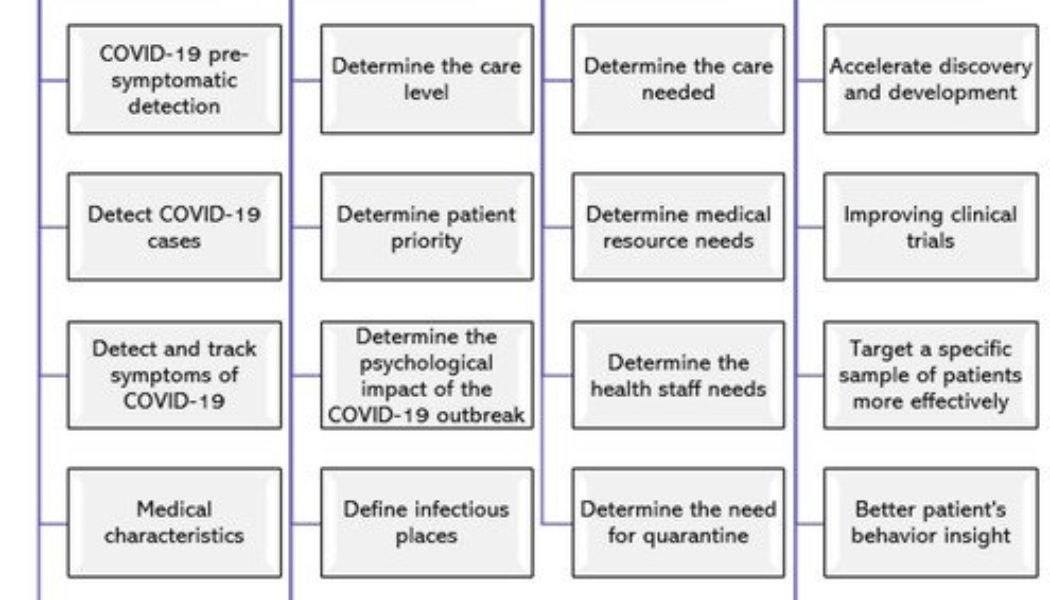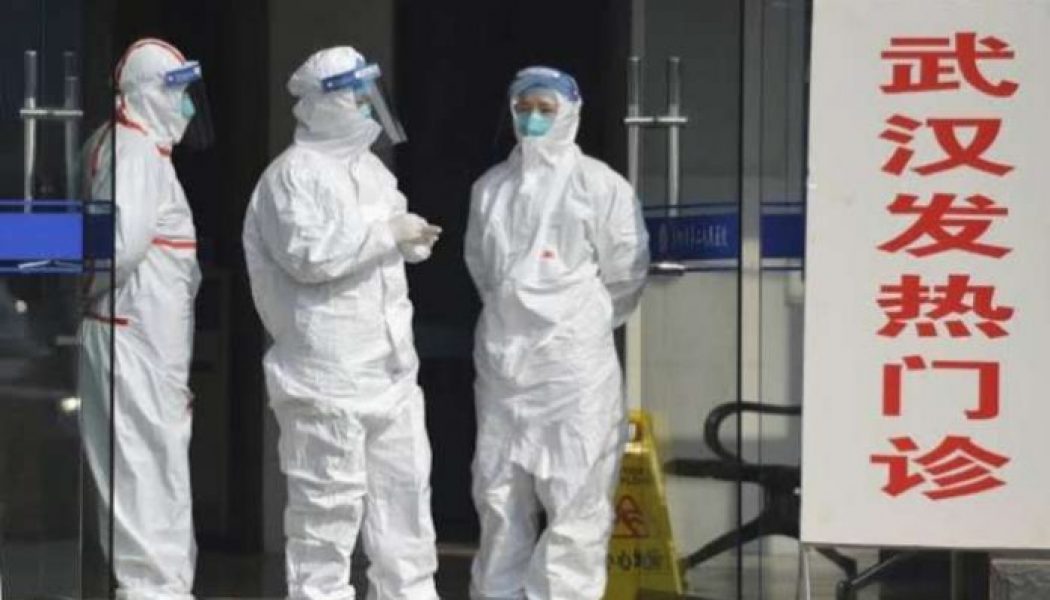Big Data
Big Data Applications During the COVID-19 Pandemic
We use cookies on our website to give you the most relevant experience by remembering your preferences and repeat visits. By clicking “Accept All”, you consent to the use of ALL the cookies. However, you may visit “Cookie Settings” to provide a controlled consent.
Why Unlocking Data is Setting CIOs Up for Success
Whilst companies used to build one to three-year transformation plans, today technological advancements and customer expectations are changing much faster. Everything companies do have to be driven by flexibility, agility and customer-centricity. Connecting with and serving customers, building the right data architecture, and embedding an open data culture throughout the organisation are all part of digital transformation. It also entails training its workforce to effectively and transparently share and leverage data. In many cases, it is not technology that is holding companies back. Rather, this is caused by the ways in which companies have set up their systems to handle data. According to MuleSoft’s 2020 Connectivity Benchmark Report, 85% of organisations admit that integration challeng...













